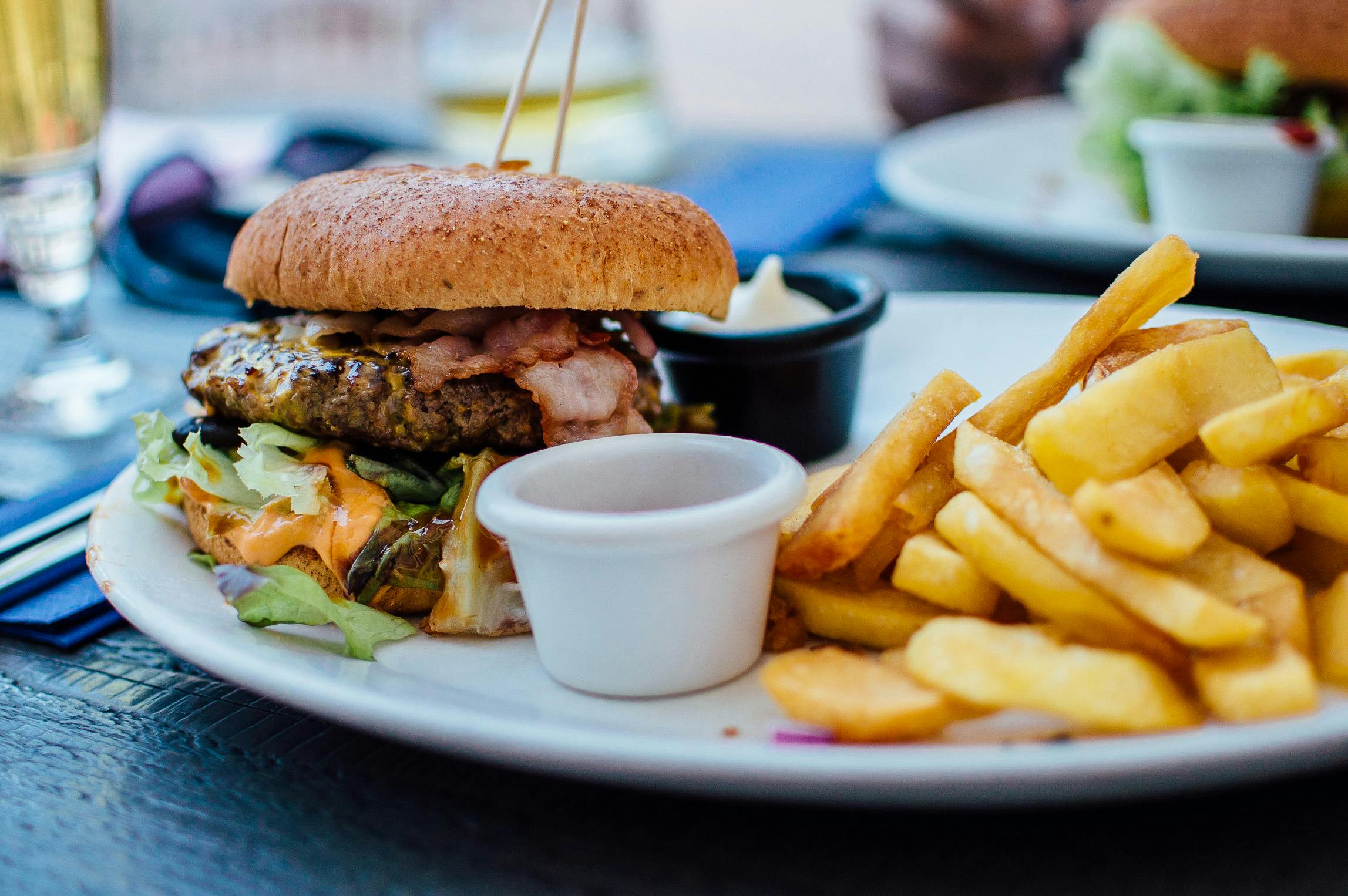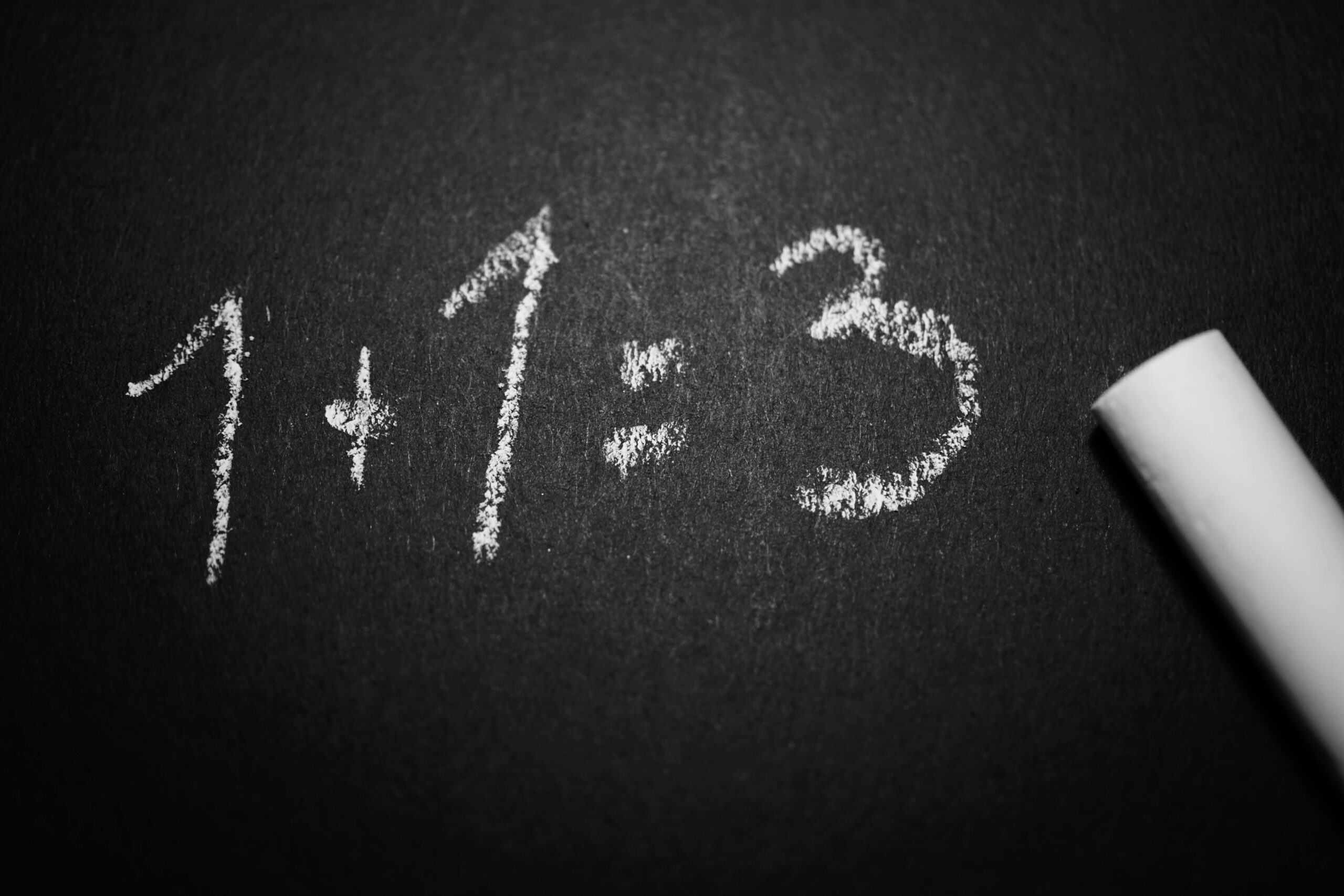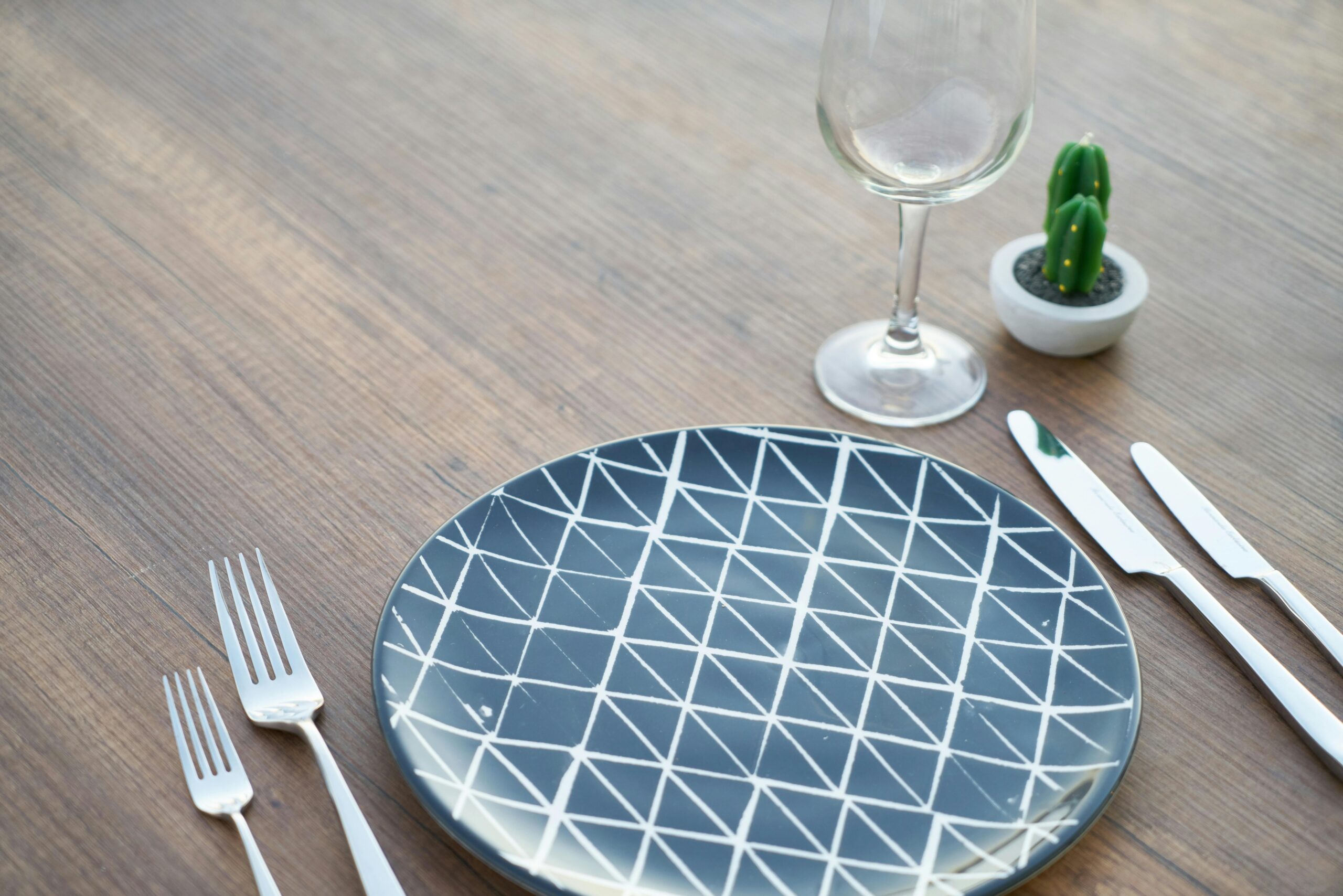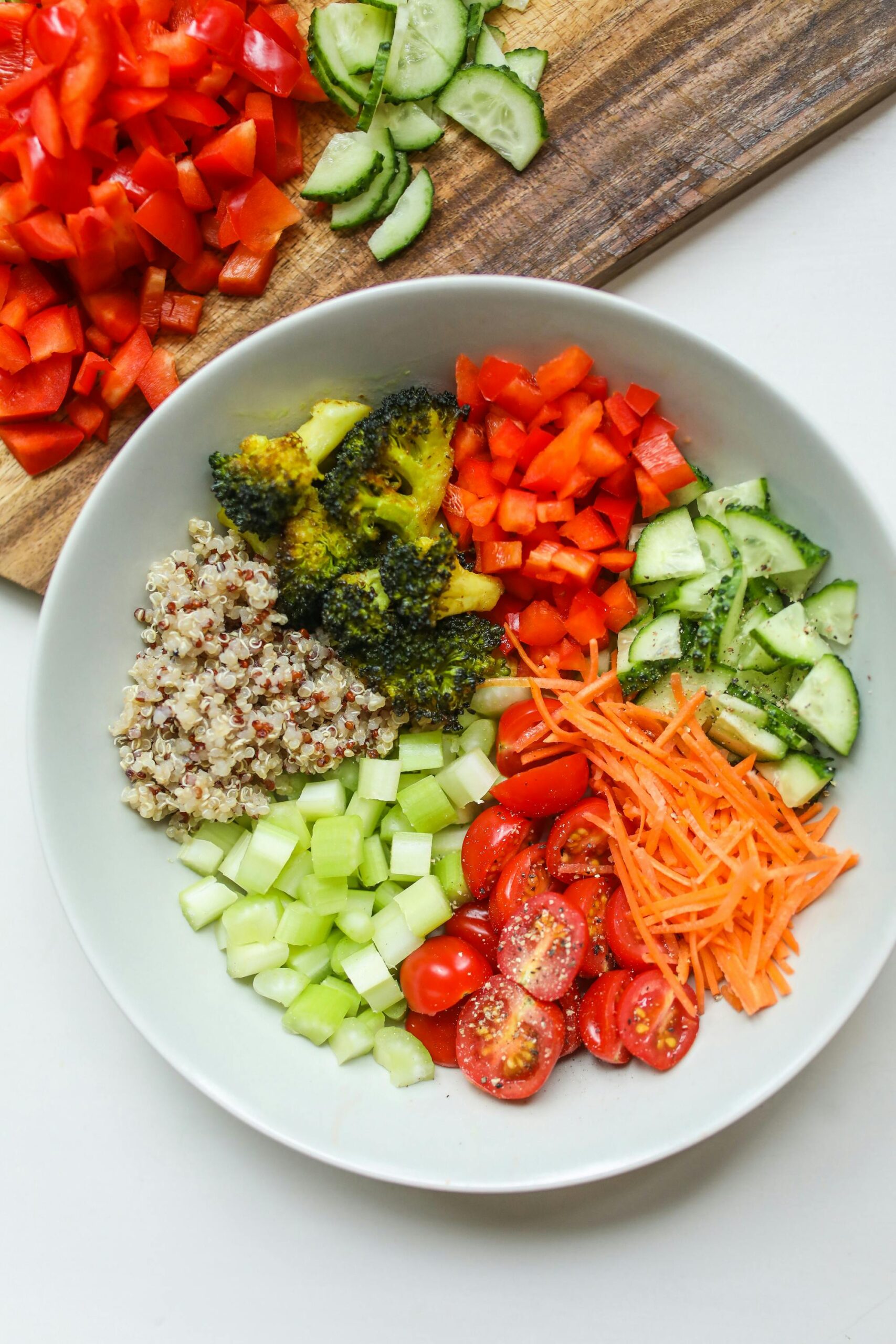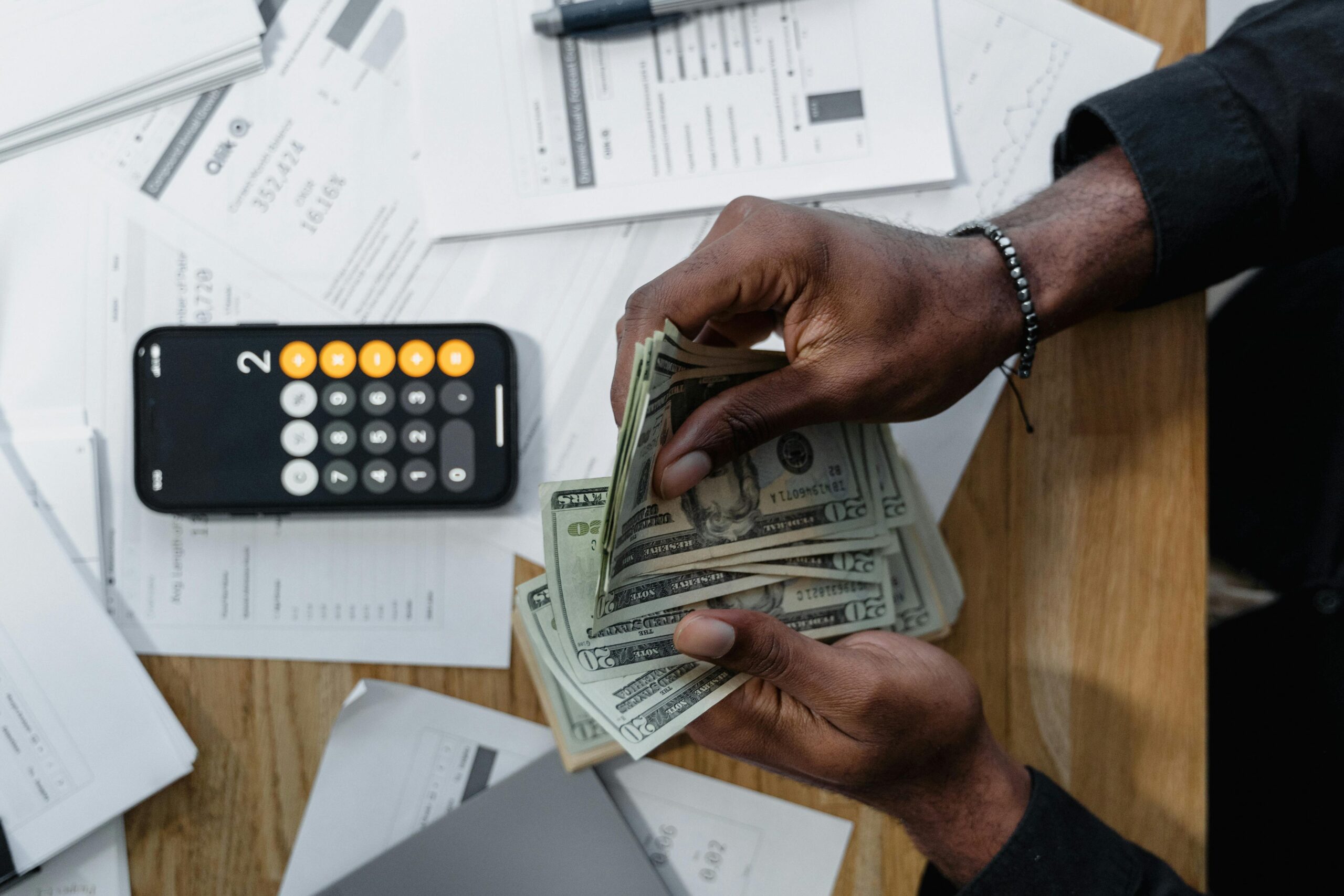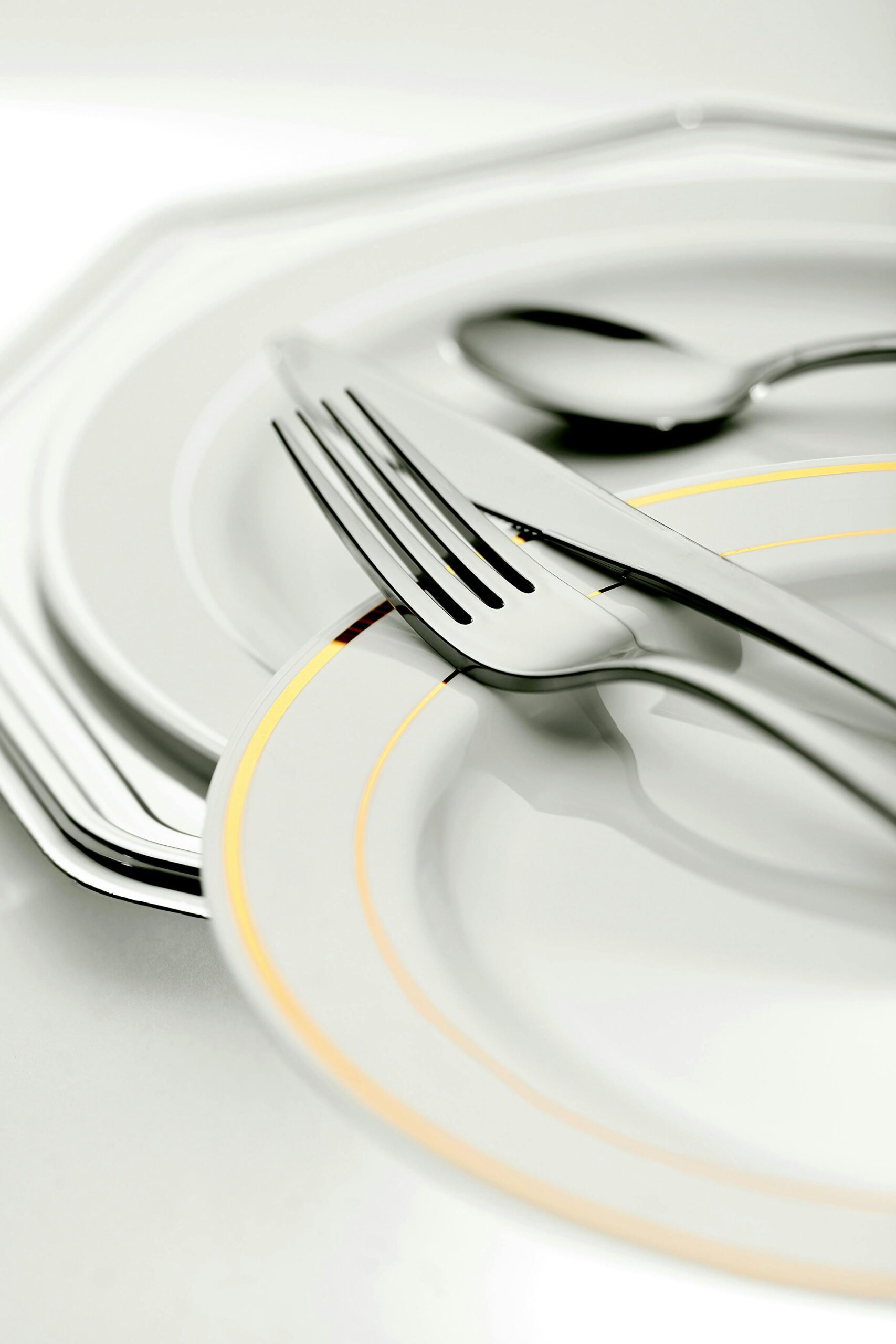Fasting and Food Addiction: My Journey to Recovery and Food Freedom
I never thought I had a food addiction. I wasn’t hiding snacks or bingeing in secret, but food was always on my mind. Stress? I ate. Bored? I snacked. Sad? Bring on the sugar. I told myself I just “loved food,” but deep down, I knew it was more than that. Food had become my comfort, my distraction, and my crutch. It wasn’t until I tried fasting that I realized how much control food had over me—and how powerful it felt to break free.
Recognizing My Food Addiction: The Anonymous Struggle
The wake-up call came unexpectedly. I had just eaten a huge meal—enough to keep me full for hours—but an hour later, I was back in the kitchen, staring into the fridge. Not because I was hungry, but because I felt like eating. That moment hit me hard: food wasn’t just fuel anymore. It was my coping mechanism, my escape, and my addiction.
What I didn’t realize at the time was that I wasn’t alone. Many people struggle with food addiction anonymously, not even recognizing the signs. Processed foods, sugar, and refined carbs hijack the brain’s reward system, triggering dopamine spikes similar to addictive substances. Over time, this creates a cycle where we eat not out of hunger, but out of habit, stress, or emotion.
How Fasting Became My Recovery Tool
Desperate for change, I decided to try intermittent fasting. I started with a simple 16:8 fasting window—16 hours of fasting and an 8-hour eating window. At first, it felt impossible. My body was used to constant eating, and the cravings were intense. But I pushed through with water, black coffee, and a lot of determination.
By the end of the first week, something shifted. The cravings started to fade, and I wasn’t obsessing over my next meal. For the first time in years, I felt in control of food instead of the other way around.
Fasting forced me to confront my habits. I began asking myself, Am I actually hungry, or am I eating out of habit? More often than not, it was the latter. Breaking that automatic response was the first step toward my recovery from unhealthy eating patterns.
The Psychological Shift: From Emotional Eating to Mindful Eating
Beyond the physical benefits, fasting completely changed my mindset around food. Instead of using food as comfort, I started seeing it as fuel. I became more intentional about what I ate, choosing nutrient-dense, whole foods over processed junk that left me craving more.
One of the most transformative aspects of fasting was how it helped me address emotional eating. Without food as an escape, I had to face my emotions head-on. It wasn’t easy ,there were moments of stress, boredom, and sadness where I desperately wanted to turn to food. But over time, I found healthier ways to cope: journaling, walking, deep breathing, and practicing mindfulness. These tools didn’t just distract me but instead helped me heal.
Is Fasting the Answer to Food Addiction Recovery?
Fasting isn’t a magic cure, and it’s not for everyone. But for me, it was a powerful tool in my recovery journey. It helped me reset my hunger cues, break the cycle of emotional eating, and regain control over my relationship with food.
If you’re struggling with food addiction, binge eating, or emotional eating, fasting might be worth exploring. Start small—try a 12-hour fast and gradually increase the window as your body adjusts. Be patient with yourself, and remember: recovery isn’t about perfection. It’s about progress.
Final Thoughts: Embracing Food Freedom
Fasting gave me something I didn’t even know I was missing: food freedom. It helped me break free from the constant cycle of cravings and emotional eating, and it taught me to see food as nourishment rather than comfort.
If you’re on a similar journey, know that you’re not alone. Many of us struggle with food addiction anonymously, but there is hope. Whether it’s fasting, therapy, or mindful eating, there are tools out there to help you reclaim your relationship with food.
Have you tried fasting as part of your recovery journey? Share your story in the comments. I’d love to hear about your experience!
